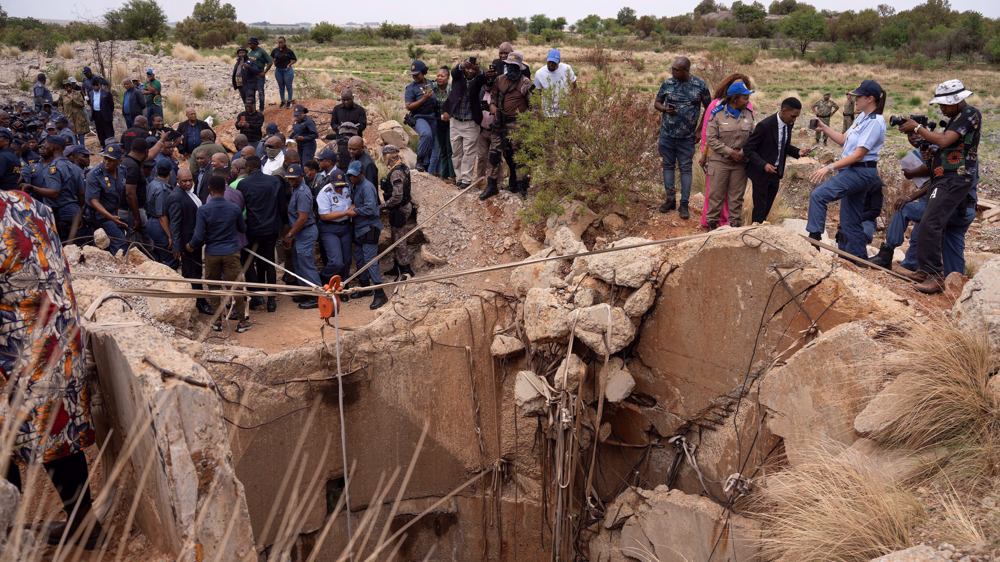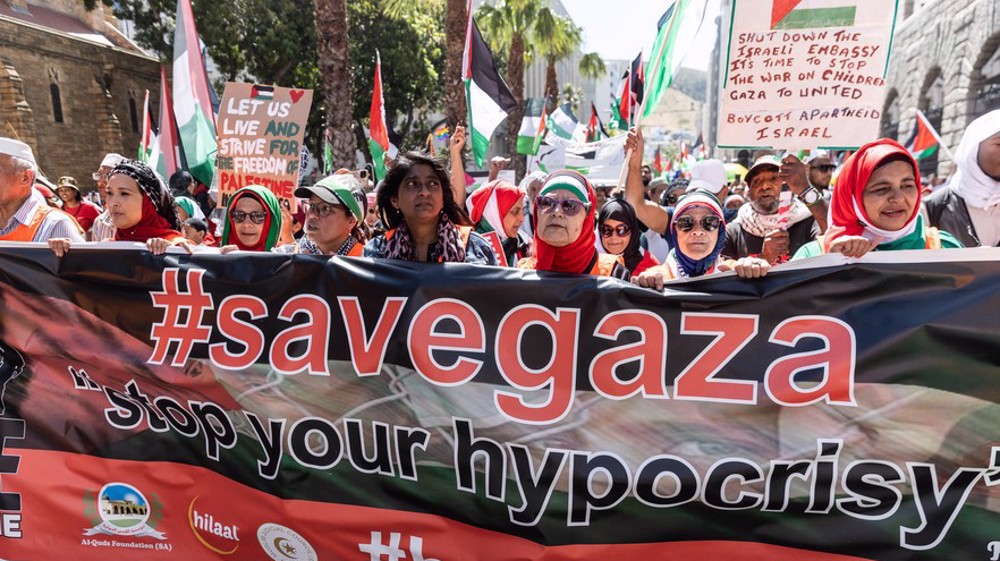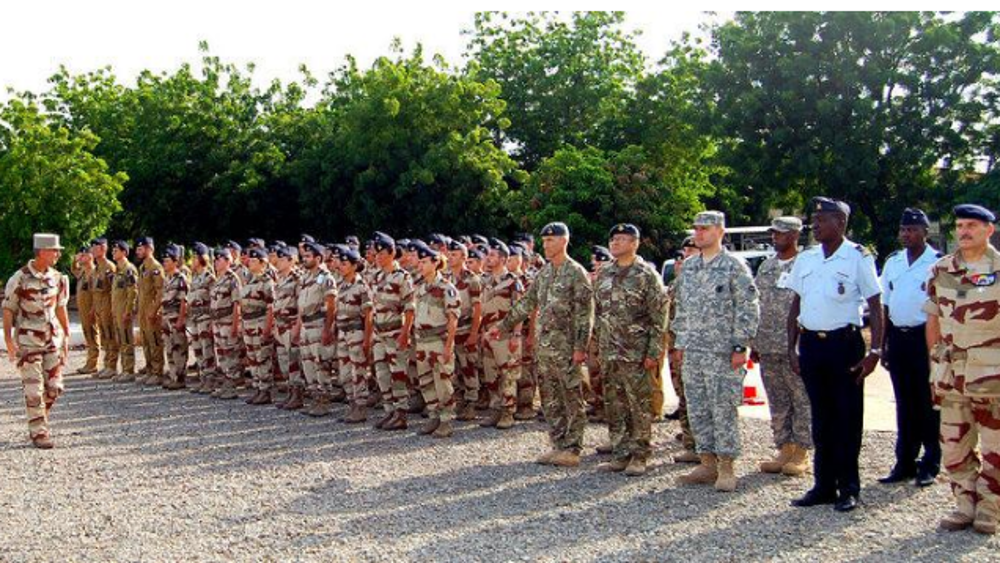Ivory Coast police fire tear gas to disperse protesting students
Police in the Ivory Coast have fired tear gas at hundreds of pupils and students, who were out on the streets in the main city of Abidjan to protest government failure to meet the demands of striking teachers.
The protests on Monday came amid an intensifying nationwide strike by disgruntled teachers who have refused to attend their classes since the conclusion of the New Year’s holidays, demanding a boost in career earnings.
The teachers were joined by dissatisfied civil servants across the African country, who commenced a five-day strike early last week, demanding that the government scrap pension cuts and another plan to increase the retirement age from 55 to 60.
Other reports said young men on Monday entered schools across the country, forcing children out of classrooms and urging them to join high school students and hold protests, similar to the one in Abidjan.
The development came on the heels of a strike by mutinous troops, who took over army bases in cities across, causing a wave of panic across the country for several days.
They demanded bonus payments, forcing the government to clinch a deal of paying each soldier 12 million CFA francs ($19,278) in bonuses, starting from Monday.
Troops, however, said they had not received any money the authorities had promised them, raising the specter of further unrest.
Ivory Coast, the world's top cocoa producer, is West Africa's largest and most prosperous economy.
The French-speaking country emerged from nearly a decade of short wars and a protracted crisis in 2011. However, the factionalized, ill-disciplined military and increasing political divisions have sparked fresh concerns about the state of security in the country and how the government could continue to realize its economic objectives in the future.
Under the leadership of President Alassane Ouattara, who came to power in the wake of a 2011 civil war, Ivory Coast has emerged as one of the world's fastest growing economies. But his critics say only a fraction of Ivorians have benefited.
Hamas thanks Iran, Resistance Front following achievement of ceasefire in Gaza
'Capitulation': Israeli officials and media concede Gaza defeat as truce unfolds
'Gaza has won': Social media users react to ceasefire with mix of relief, joy
Iran seeks South Korea’s assistance for AI, fiber-optic projects
VIDEO | Iran's 'Eqtedar' (Power) maneuver
Israel hits HTS military target in Syria for 1st time since fall of Assad
VIDEO | Press TV's news headlines
Israel has slaughtered 13,000 students in Gaza, West Bank












 This makes it easy to access the Press TV website
This makes it easy to access the Press TV website